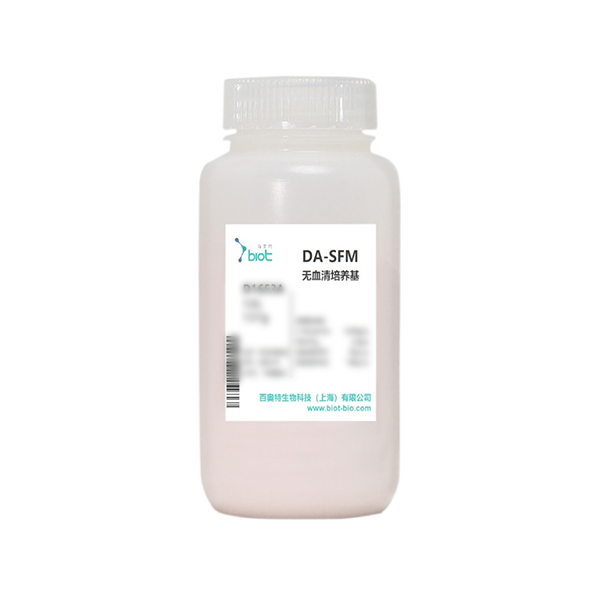
Chemical agents play a pivotal role in various industries, revolutionizing processes and enabling advancements across multiple domains. From pharmaceuticals to agriculture, manufacturing to research, the functions of chemical agents are diverse and indispensable. In this article, we delve into the multifaceted nature of chemical agents, exploring their key functions and highlighting their significance in driving innovation and progress.
- Catalysts: Igniting Transformations
Chemical agents often act as catalysts, facilitating and accelerating chemical reactions without being consumed in the process. They lower the activation energy required for reactions, enabling the production of desired products efficiently and economically. Catalysts find applications in numerous industries, including petrochemicals, food processing, and environmental remediation, where they enhance reaction rates, selectivity, and overall process sustainability. - Solvents: Dissolving Boundaries
Solvents are essential chemical agents that dissolve, suspend, or extract other substances, enabling various processes and applications. They find extensive use in pharmaceutical formulations, industrial cleaning, and chemical synthesis. Solvents provide a medium for reactions, aid in separation techniques, and act as carriers for active ingredients, making them indispensable in numerous industries. - Surfactants: Bridging the Gap
Surfactants, or surface-active agents, possess unique properties that allow them to reduce surface tension and facilitate interactions between different substances. They find applications in diverse fields, such as personal care products, detergents, and oil recovery. Surfactants enable emulsification, foaming, wetting, and dispersion, making them vital for achieving desired properties and performance in various products and processes. - Stabilizers: Ensuring Durability
Chemical agents with stabilizing properties are crucial for preserving the quality and extending the shelf life of products. They inhibit degradation, prevent spoilage, and maintain desired characteristics. Stabilizers are widely used in food and beverage industries, polymers, and pharmaceutical formulations. By impeding chemical reactions or microbial growth, stabilizers ensure the longevity and reliability of products. - Analytical Agents: Unveiling Insights
Chemical agents play a pivotal role in analytical techniques, enabling the identification, quantification, and characterization of substances. From chromatography to spectroscopy, these agents aid in separation, detection, and analysis. They provide valuable insights into the composition, purity, and properties of materials, supporting research, quality control, and regulatory compliance across industries. - Preservatives: Safeguarding Integrity
Preservatives are chemical agents employed to inhibit microbial growth and prevent spoilage in various products. They are extensively used in cosmetics, food and beverage, and pharmaceutical industries. Preservatives ensure product safety, stability, and integrity, extending their shelf life and maintaining their efficacy. With increasing consumer demand for natural and safe alternatives, the development of eco-friendly preservatives is gaining momentum.
Conclusion:
Chemical agents serve as the backbone of numerous industries, offering a wide range of functions that drive innovation and progress. From catalysts that accelerate reactions to solvents that dissolve boundaries, these agents enable transformative processes and applications. Surfactants, stabilizers, analytical agents, and preservatives further contribute to the multifaceted nature of chemical agents, ensuring product quality, integrity, and longevity. As industries evolve and new challenges arise, the continuous development of advanced chemical agents remains crucial for addressing emerging needs and shaping a sustainable future.


